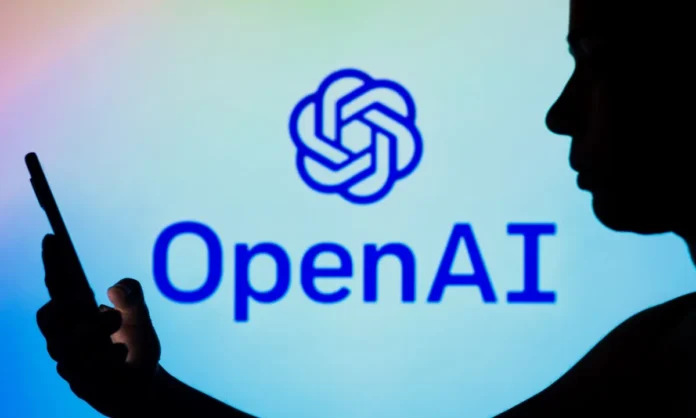OpenAI, the organization behind the revolutionary ChatGPT, has announced a major restructuring plan to transition its for-profit arm into a Delaware-based public benefit corporation (PBC). This move aims to address the growing financial demands of artificial intelligence (AI) development while aligning its business goals with societal impact. The announcement on Friday comes as OpenAI seeks to attract further investments amid fierce competition in the AI space.
Why the Shift?
The restructuring is designed to ease restrictions tied to its current nonprofit structure, allowing OpenAI to raise significant capital for its ambitious AI initiatives. According to the company, this transition is critical for sustaining its mission of developing artificial general intelligence (AGI), which surpasses human capabilities. The plan builds on the company’s history of blending innovation with purpose while raising questions about its ability to maintain its public-benefit goals in a profit-driven structure.
Major Shift to PBC: A Strategic Necessity
OpenAI’s decision to convert its for-profit arm into a PBC marks a turning point. Under this structure, the company commits to balancing societal interests with shareholder value, a framework also used by rivals like Anthropic and Elon Musk’s xAI.
“This is a critical step for us to attract the scale of capital needed,” OpenAI stated in its blog post. The company plans to continue developing groundbreaking AI technologies while ensuring a portion of its profits benefit its nonprofit arm, which it describes as potentially one of the “best-resourced nonprofits in history.”
Financial Drivers: High Stakes in AI Development
The AI industry’s capital requirements have skyrocketed. OpenAI’s $6.6 billion funding round earlier this year, backed by investors such as Microsoft, was contingent on the company removing its profit cap within two years. The restructuring aims to attract billions more in investment to compete with industry heavyweights like Amazon-backed Anthropic and Meta Platforms.
The company also highlighted its ambitious plans to develop advanced AI infrastructure, which could include further iterations of its language models and other next-generation technologies.

Challenges Ahead: Lawsuits and Criticism
OpenAI faces significant hurdles as it pushes forward with the restructuring.
Elon Musk’s Legal Challenge
Elon Musk, a co-founder and now vocal critic of OpenAI, filed a lawsuit against the company, alleging it has prioritized profit over public good. Musk’s departure from OpenAI reportedly stemmed from disagreements over equity and control. The company countered Musk’s claims by releasing internal communications, suggesting he initially supported the for-profit transition.
Meta’s Opposition
Adding to the complexity, Meta Platforms has urged California’s attorney general to block OpenAI’s conversion to a for-profit PBC, citing potential concerns over its mission and public benefit goals.
Corporate Law Concerns
Experts have raised questions about the effectiveness of the PBC model in ensuring public benefit. Ann Lipton, a corporate law professor, noted that while PBCs are legally obligated to balance profit with mission, enforcement mechanisms are limited. “The real power lies with shareholders who control the company’s direction,” Lipton said.
Impact on the AI Landscape
The restructuring aligns OpenAI with competitors using similar models, signaling a broader industry trend toward blending profit and societal impact.
Competition with Rivals
OpenAI’s shift mirrors moves by Anthropic and xAI, which have raised billions to fund their AI endeavors. Anthropic recently secured a $4 billion investment from Amazon, while xAI raised $6 billion in equity financing.
Public Perception
The move could enhance OpenAI’s appeal to investors by offering conventional equity options while raising questions about its long-term commitment to the public good.

Balancing Mission and Profit
OpenAI’s restructuring underscores the delicate balance between innovation, societal impact, and financial sustainability. While the PBC model offers flexibility for raising capital, it places significant responsibility on the company to uphold its mission.
As OpenAI navigates this transformation, its ability to align shareholder interests with societal benefits will likely set the tone for the future of AI-driven corporations. Whether this shift helps OpenAI maintain its leadership in AI or sparks further criticism will unfold in the years to come.
Looking Ahead
OpenAI’s transition to a public benefit corporation reflects the high stakes of the AI industry and the need for substantial funding to achieve groundbreaking advancements. However, as it moves forward, the company faces legal challenges, corporate scrutiny, and the ongoing task of balancing profitability with its stated mission. The outcome of this ambitious restructuring could shape the future of AI and its role in society.

